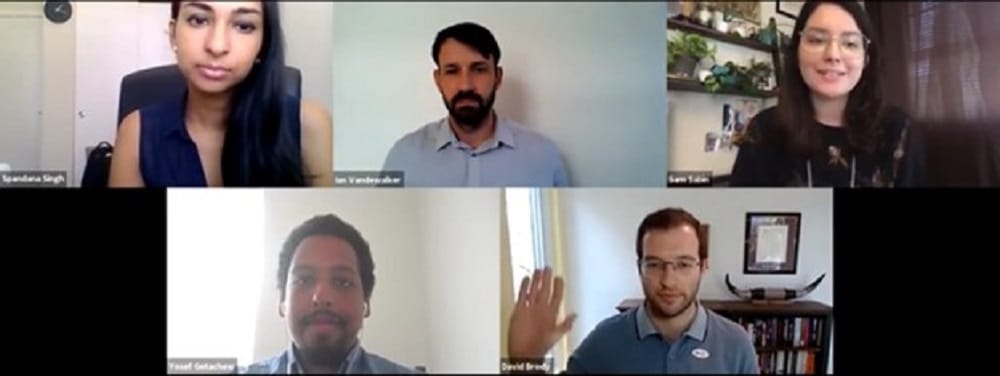Social Media Platforms Are Behind the Curve in Responding to Election 2020 Disinformation
October 5, 2020 – Social media platforms like Twitter and Facebook have waited until very late in the 2020 election to update their user policies, and that decision was a conscious one, claimed David Brody, counsel on privacy and technology at the Lawyers Committee for Civil Rights Under Law, at New










Member discussion